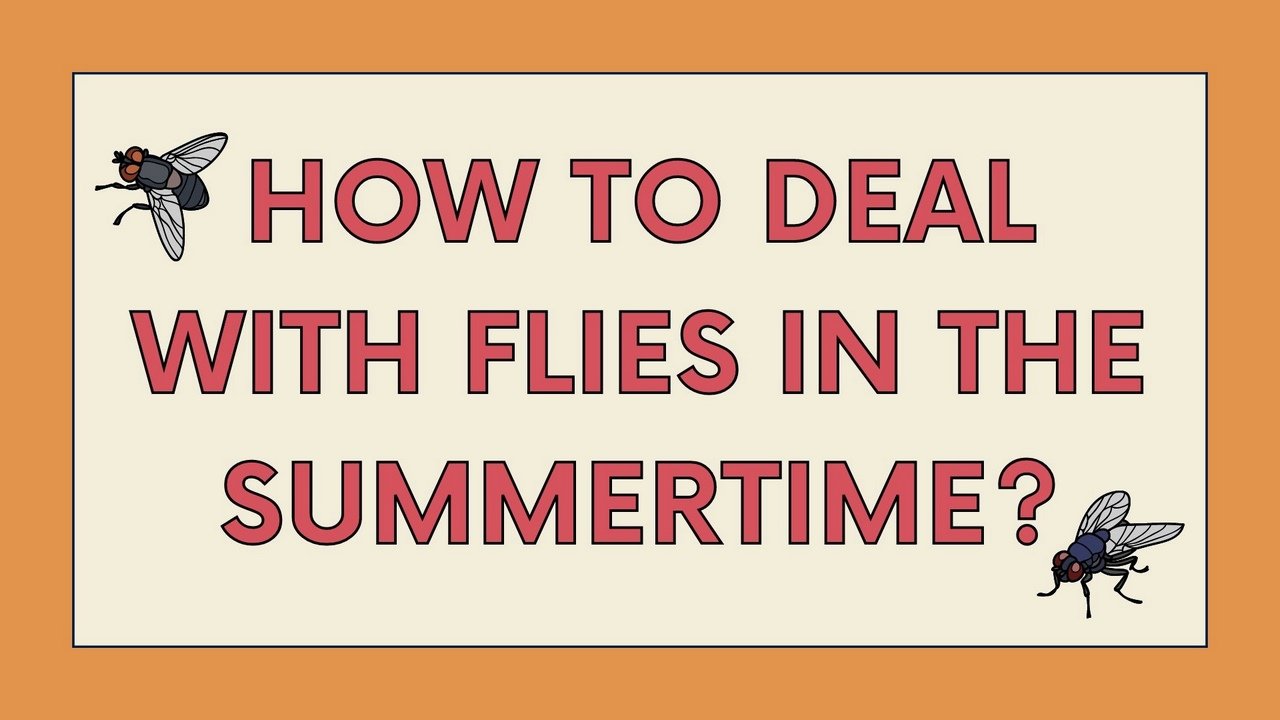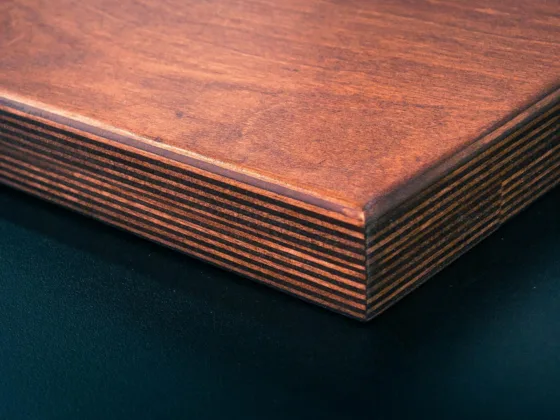Table of Contents Show
If you’re dealing with flies in Louisville, you’re not alone. We’ve all been faced with a house full of those pesky flies buzzing around our heads. They then land on your cleaned surfaces which can be annoying.

Flies are a problem throughout the four seasons as they never stop reproducing. The thing is that a lot of people notice that they get worse in the summer. That’s because the heat causes them to become more active,
While pest control, whether it’s cockroach control or spider control isn’t necessarily difficult, you’ll need to be diligent and persistent. That’s considering that they prefer to live in your house where food is likely to be in plenty, unlike outdoors.
The longer you wait to seek the services of pest control in Indiana or in your home state, the more likely they will reproduce. They will drop hundreds of eggs within their super-short lifetime, thereby complicating your unfortunate problems.
Also, given the pests’ inclination to feed off decaying food, the more time they spend in your home, the more exposed you are to potential diseases.
Dealing With Flies During Summer
With the hotter summer weather and brighter evenings, a lot of people enjoy getting together for BBQs and plenty of wine outdoors.
But humans aren’t the only ones who enjoy the summer heat. There’s a whole host of summer pests that are always looking around and threatening to spoil the fun. Pests like wasps and cockroaches are there to contend with.
But with pest control wasps, and mosquito control tips, handling these and other pests shouldn’t be a problem. Stick around as we tell you how to deal with your pests during summer.
Summer heat can vary from one city to another. Some areas can get hotter during the summer like Louisville, for instance. Meanwhile, other cities don’t experience such.
You may take this chance of hot weather to go outside and enjoy the sun. Unfortunately, you’re not the only one loving the sun, as some summer pests are growing because of the heat.
The good thing is, there are ways for you to minimize and even eliminate flies in the summertime so you can enjoy a healthy home without having to worry about them. Read on!
Read Also:
1. Clean the House
Flies can’t live more than 48 hours without accessing water, and the reason why they breed in such environments is that it’s an essential part of their life. That’s why, it’s a huge problem in Louisville or any other city with big bodies of water.
The infestation of houseflies is due to excess moisture and the debris that accumulates around the house. Remember that water can often build up in wet or moist areas. As such, it’s crucial that you check and clean places such as:
- Dirty mops
- Sinks and shower drains.
- Inside garbage containers
- Under appliances like refrigerators
Although house flies come from outside, they will sometimes breed indoors. The inside breeding areas are common in buildings with interior garbage rooms. Cleaning the sites where house flies tend to breed helps to prevent future infestations. So, pay particular attention to:
- Cleaning up after pets
- Keeping doors shut including other points of entry.
- Regularly cleaning bathrooms and kitchen surfaces
2. Flush Out the Source
If you’re struggling with a fruit fly infestation in Louisville, it can be one of the most frustrating fly problems you’ll face. Fruit flies multiply quickly and can be challenging to eliminate since they can reproduce in multiple places once they’ve entered your home. You’ll typically find these flies near ripe or rotting fruits and dirty trash cans, including garbage disposals. Finding the source of the fruit fly infestation can take some effort.
It’s also important to learn which fruits thrive in different weather conditions. Pest control in Louisville will differ from that in Anchorage, for example, since different regions require different strategies. Knowing which fruit trees to keep an eye on in your state can help you identify potential breeding grounds for fruit flies.
Once a structure is infested, it’s crucial to locate and eliminate all potential breeding areas. Inaccessible but potential breeding sites can be inspected by tapping a clear plastic bag over the opening overnight. If flies are present, the adults will emerge and get caught in the bag.
After eliminating the source of attraction and breeding, a pyrethrum-based aerosol insecticide can be used to get rid of any remaining flies in the area.
3. Use Insecticides Delved from Natural Origins
Usually, fly sprays are absorbed by the fly’s central nervous system. The insecticide paralyzes them which results in death. Apart from being toxic to flying insects such as bees, these chemicals are lethal to flies and invertebrates. The latter are what constitute the base of many aquatic and land-dwelling food webs.
It’s advised that you consider pyrethrin-based insecticide in pest control. The chemical is slightly poisonous, but it can be used as an insect repellent when used in lower concentrations.
Originating from chrysanthemum flowers, pyrethrins are biodegradable. They break down on exposure to light or oxygen, which helps to ensure that there will be no excessive build-up of insecticides distributed in the area being treated.
4. Host Natural Predators in Your Compound
Animals such as birds and bats feed on flies which helps them to reduce their number in your backyard. Thus, attracting these kinds of critters in your compound is also an effective way of getting rid of flies.
One of the obvious ways of bringing more birds to your property is through birdbaths and birdhouses. You must, however, be wary that these can attract squirrels, the squirrels can in turn make nests under porches, in chimneys, and in car engines. As such, it’s important that you find bird feeders that attempt to repel or discourage squirrels from feeding off of them.
Bat houses are cheap to buy. They are also simple to make and can effectively attract insect-eating bats. Chances are that you’ll also be tempted to add a pond so as to house frogs. But you must note that this can also attract insects since they love standing water.
5. Swat, Suck, and Stick
Flies can still find their way inside your home despite the prevention tactics. As such, it will be best to combat flies with a good old-fashioned fly swatter or rolled-up newspaper and the right technology.
Keep in mind that good eyesight and sharp reflectiveness are a good plus in the fight against pest control. A housefly has an almost 360-degree vision. Thus, it’s best to approach from behind and hover just above, before making a fast, decisive flick with your weapon.
Flies are one of the few insects that are affected by colors. So, use a fly swatter in a natural tone for superior stealth. You can also outsmart flies if you decide to vacuum them straight out of the air. Hover a few inches behind with the vacuum on so as to suck them. You must, however, be sure that your vacuum cleaner has a bag when using this method.
That way, you’re able to dispose of it immediately after foiling the infestation. It helps to ensure that the flies don’t find their way back out and back into the house.
For a passive but ever-ready fly-catching technique, just ensure that you hang quality fly paper. Make strict traps by coating strips of Kraft paper with a sticky mixture of water, honey, and sugar.
Alternatively, you can purchase ready-made flypaper. Bugs are bound to bump into it and stick as they buzz about, they can also bump into it when trying to escape your active swipes.
Conclusion
An infestation by flies is not only a nuisance. It can also be a health hazard. That’s why it’s important that you use these pest control strategies to keep them off your compound.
These strategies are great at combating small amounts of flies at home. But if you notice more flies than you can handle and don’t know what’s attracting them, feel free to call a pest control service company near you.











